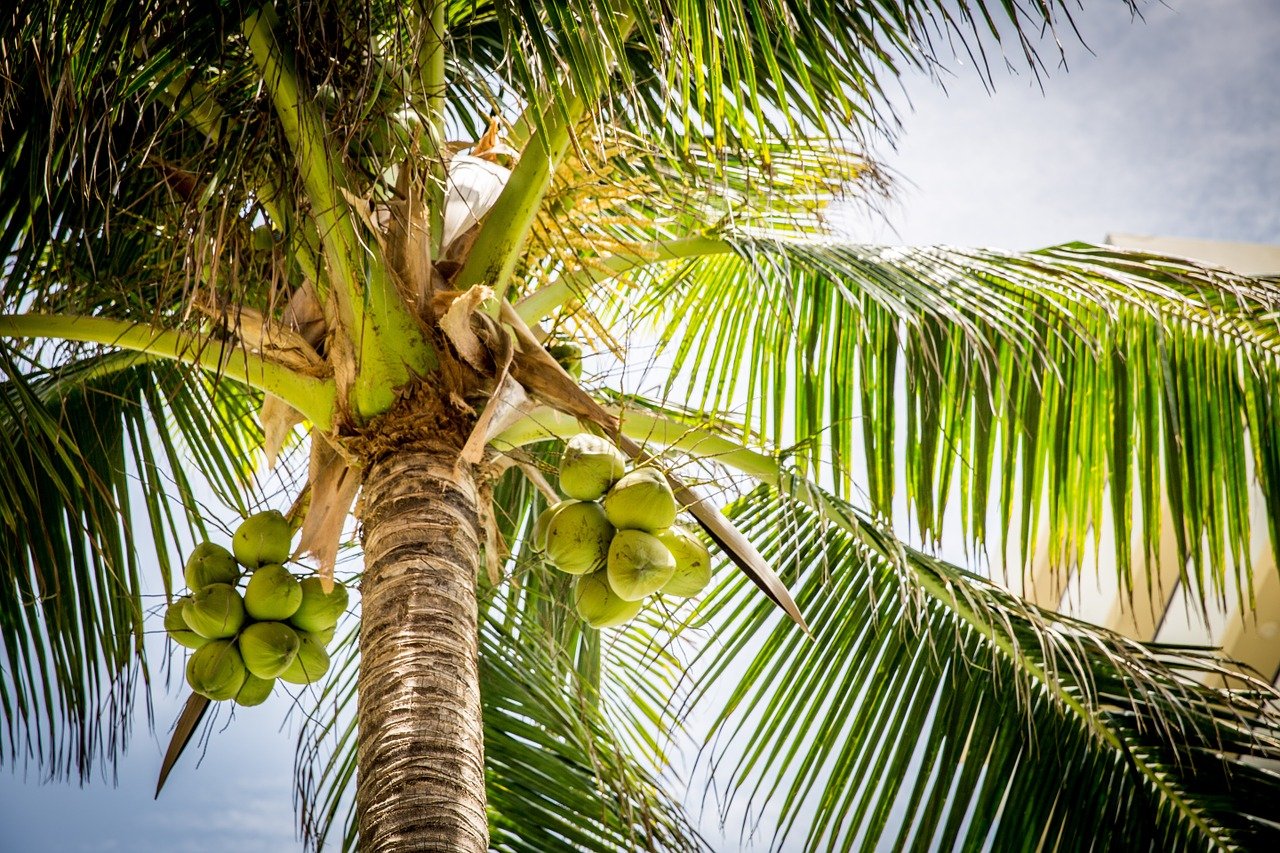Coconut Wood Timber (Palmwood)
• Hardwood-substitute from coconut palm trees
• Palmwood is sustainable, durable and beautiful
• It can be laminated, shaped, drilled, or screwed and has the tremendous advantage of being free from knots and other blemishes.
• Palmwood is sustainable, durable and beautiful
• It can be laminated, shaped, drilled, or screwed and has the tremendous advantage of being free from knots and other blemishes.
Coconut wood is the processed stem fiber from the farmed plantations of coconut palms. When it is thoroughly sawn, seasoned, completely dried, treated and machined, the coconut wood can perform at an equal, or even better than the conventional hardwood.
The tree bears fruit until approximately 70 years of age, at which point it is considered to have reached the end of its economic life and is felled.
Coconut wood is preserved with a non-toxic oil-borne preservative and finished with natural oils to add stability and longevity. This makes Palmwood suitable for both interior and exterior environments, in wet and dry climates.
Coconut timber has many applications as both a structural and interior design material. The harder, high-density timber is suitable for general structural purposes such as pillars, trusses, rafting, furniture, window and door frames, floors, decking and floor joists. Medium density coconut timber can be used for walls, ceiling joists and horizontal studs. Low density coconut timber is used in non-load bearing applications like wood panelling, internal trim and ceilings, as well as homewares.
